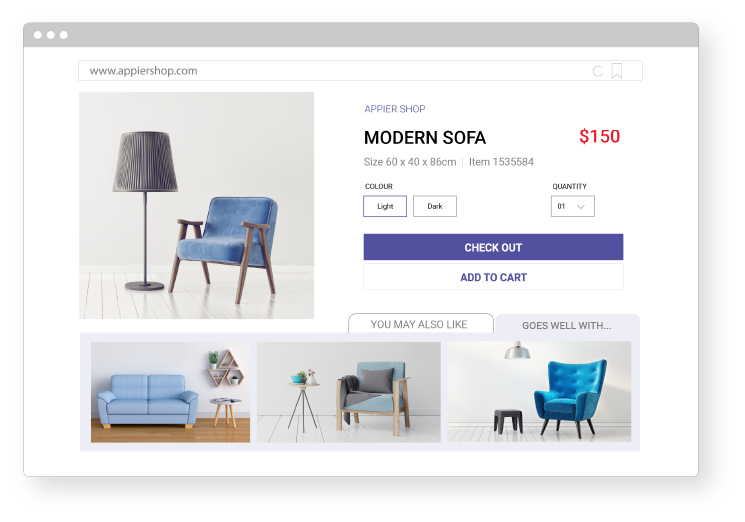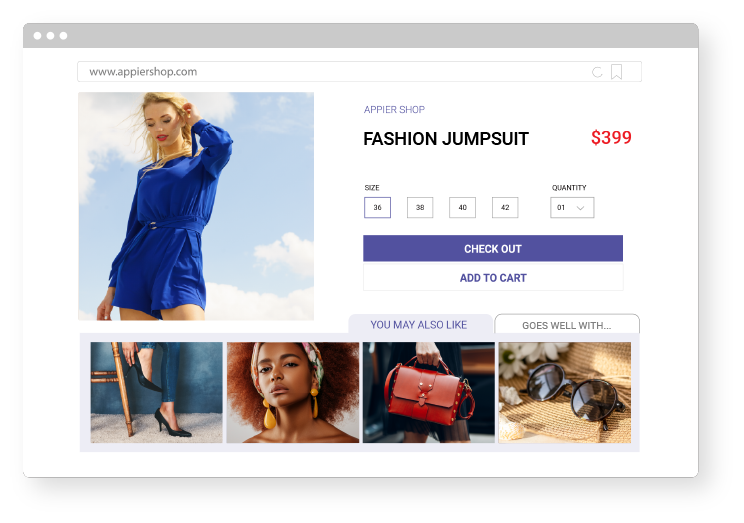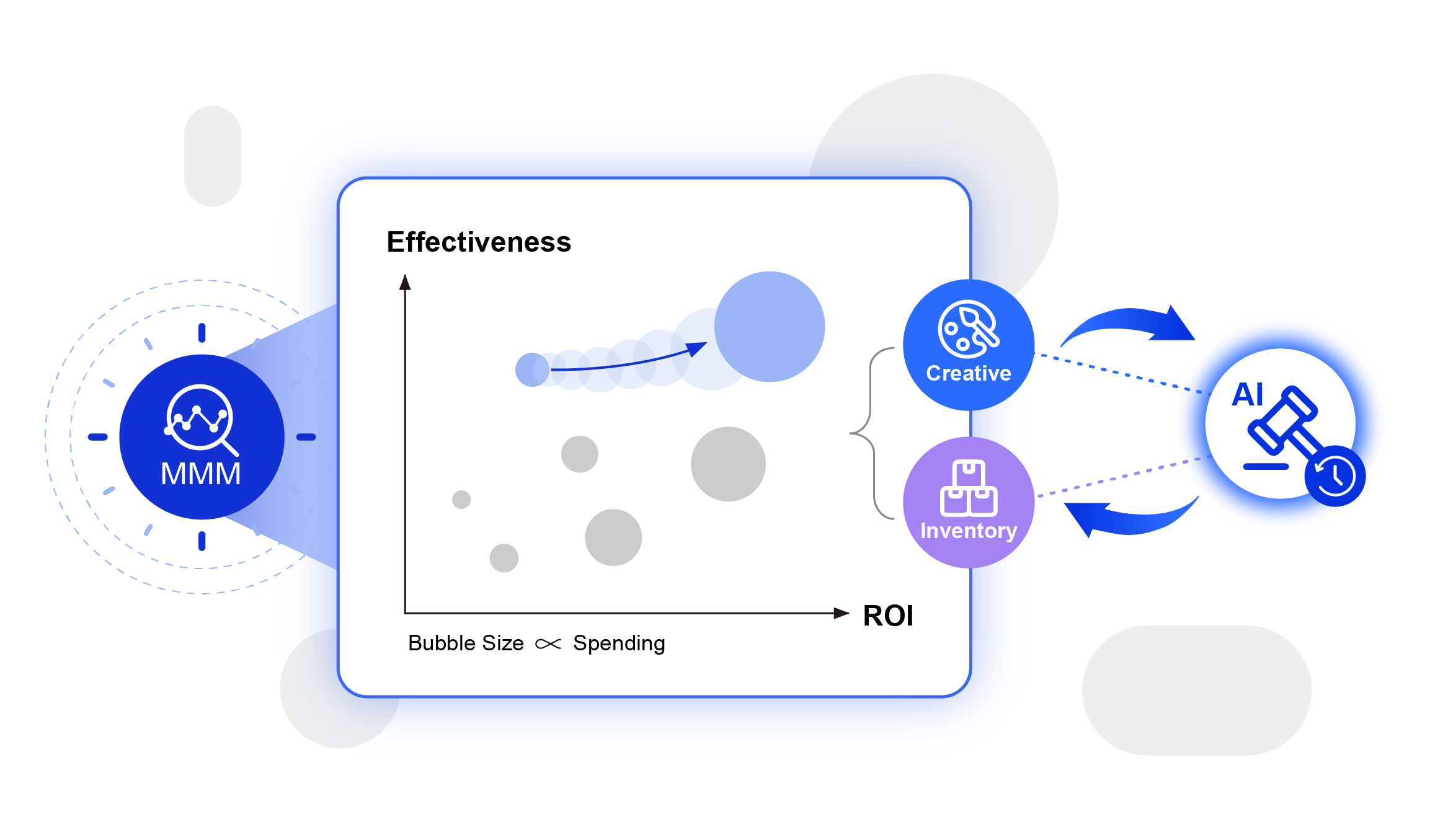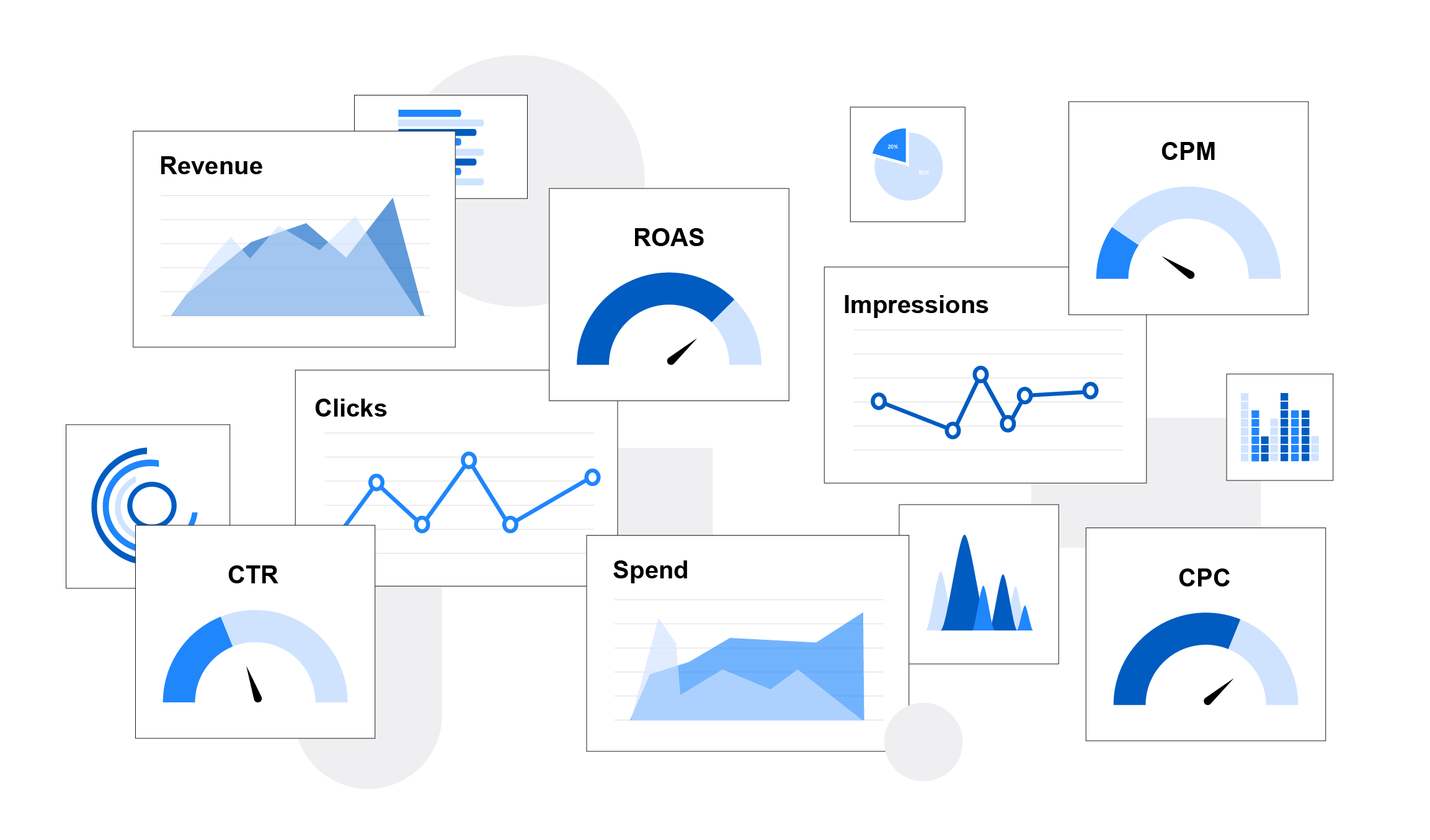4 min read
Holiday sales are fun but chaotic. In the age of e-commerce, the mall stampede and in-person fights over products have given way to a race against the clock to browse sales items, add to cart and check out.
Right now, with China’s Singles’ Day just around the corner, people on both sides of the screen are preparing. Businesses with an e-commerce presence are finalizing promotion details and sending out sales reminders. Consumers are bookmarking their favorite online stores and making a shopping list of what they wish to get this year. Once the sale starts on November 11th , how do we ensure that both parties are satisfied with the results? In other words, how do we maximize sales and customer satisfaction during this Double 11 and all seasonal sales to follow in November and December?
Our answer is personalization, the Appier way with our customer engagement platform AIQUA. With AI-powered algorithms, AIQUA uses advanced deep learning models that take into account a comprehensive list of static and dynamic factors when personalizing content. These are user interests, behavior sequence, rules and statistics, images, texts and item attributes. What results is that each user’s view of the website or app becomes as personally curated and tailored to him or her as possible.
In its 13th year, Double 11 has become the stage for exclusive launches and innovations. No wonder it is the “ most eagerly anticipated ” shopping festival in the world. What shoppers are looking forward to is the experience of being lavished with the newest product and good deals and steals, presented to them as personalized recommendations that make the shopping process easy.
With personalization already a basic requirement in the 2020s, let’s use the example of a young professional, Alice, who is shopping for clothes and furniture during Double 11, to showcase how Appier’s approach differs from most and will make you stand out this holiday sales season.
1. Personalization that employs advanced deep learning models
In 2021, Alice is used to shopping online and being shown recommendations based on item popularity or what others who bought or viewed the item also viewed. This is a very basic, traditional model of personalization. This model segments customers based on past behavior and set rules, and as a result, it does not evolve as the user continues to engage with the content you put out. The personalization remains stagnant, and therefore, the user experience does not improve.
With AIQUA, Alice’s favorite, fictional e-commerce store, Wonderland, can use advanced deep learning models that consider multiple factors, such as text, image, and social networks, to make personalized recommendations that take into account the content Alice is actively engaging with. The natural language processing and image recognition technologies featured in these models make the recommendations more robust.
For instance, Alice has remained on a page for a certain blue velvet couch for a long time. Our hybrid deep learning models will pick up words like “soft” and “comfortable” and detect the blueness and the velvet texture of the couch to recommend similar couches for her.  2. Personalization that actively works for both marketers and shoppers
2. Personalization that actively works for both marketers and shoppers
While personalized recommendations are needed every day of the year, marketers may want to actively promote certain products during Double 11 or the holiday sales season. This is where AIQUA can give them an edge in spotlighting these products but only for the shoppers who will have a need for them. This year, Wonderland wants to push out a specific model of blue velvet couches, a vintage tea set, and a best-selling throw pillow, and it can set these as items to actively recommend. Since the platform already knows that Alice is looking for a couch, the blue velvet couch will show up for her as a recommended item.
On the flip side, the recommendations that pop up can also change as Alice types into the search bar and makes specific searches. As previously mentioned, she is looking for both clothes and furniture, so when she wants a break from looking at furniture and types "romper" into the search bar, the personalized recommendations will take this as a cue to change up the recommended items to focus on rompers and other clothing items.
3. Personalization that promotes complementary products
One thing that seems to always happen during Double 11, or any holiday season sale for that matter, is that after much browsing, the shopper ends up not knowing what to buy. So much is on sale, so if you have gotten everything you planned to get, what next? This is where our algorithm can come in with complementary product recommendations. Alice just added a blue romper to her cart, so Wonderland, using Appier’s solution, will now recommend a matching handbag to go with.  These complementary recommendations not only present related items, but they take into account the colors and styles Alice has expressed interest in to show the related items that would catch her eyes the most.
These complementary recommendations not only present related items, but they take into account the colors and styles Alice has expressed interest in to show the related items that would catch her eyes the most.
The more Alice goes through the channel, the more the platform learns and adapts the content she sees to what her behavior reveals or suggests about her. In the end, Alice will be browsing through her personal wonderland, having a great customer experience and finding and buying everything that she needs.



